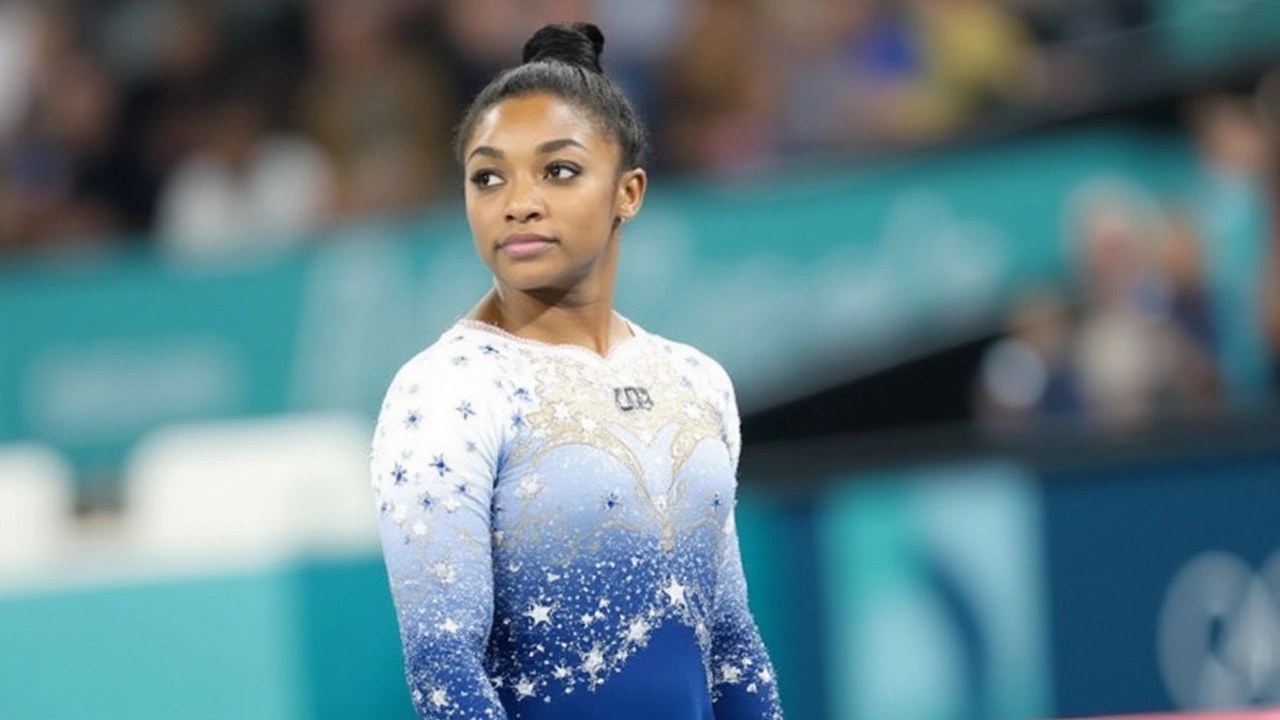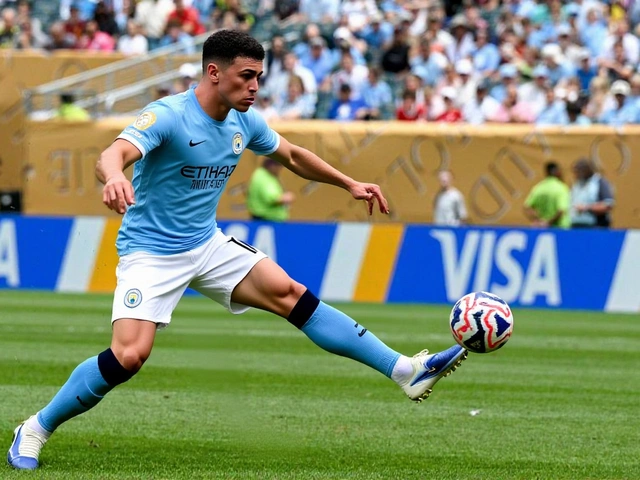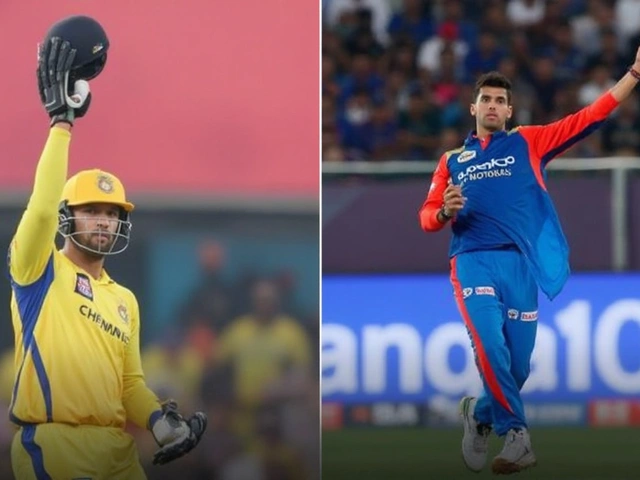Transgender Athletes in Women’s Sports: Simone Biles Defends Inclusion After Riley Gaines Sparks New Firestorm
Simone Biles Steps into the Spotlight Defending Trans Inclusion
Another social media storm is brewing in the world of sports, and this time it's swirling around one of America's most iconic athletes—Simone Biles. Biles, who already has her name etched in gymnastics history, jumped into the center of a heated online spat with former college swimmer Riley Gaines. The debate isn't about medals or records. It's about fair play, identity, and whether transgender athletes belong in women’s sports.
Things kicked off when Marissa Rothenberger, a transgender softball player, played a key role in Champlin Park High School's state championship win in Minnesota. A celebratory video went viral. Enter Riley Gaines: she weaponized the moment on her own social media, dismissing Rothenberger as a 'boy' and flipping the comments section off, clearly bracing for backlash. It read like a shot across the bow at trans athletes everywhere, and the internet pounced.
Simone Biles didn’t stay silent. She fired back online, calling Gaines' post "truly sick" and accusing her of trying to jump-start her own media relevance by reigniting the old grievance about losing to transgender swimmer Lia Thomas back in NCAA competition. Biles saw Gaines' post not as critique, but as flat-out bullying. "Sore loser," she tersely labeled the former swimmer.
What’s at Stake for Transgender Athletes and Women’s Sports
This isn’t just some celebrity feud. The fireworks between Biles and Gaines spotlight a real, ongoing clash over inclusion and fairness in high school and college sports nationwide. Minnesota’s official policy actually grants transgender athletes a path to play on teams that match their gender identity, as long as they undergo a thorough review process. Marissa Rothenberger started her transition at age nine and was approved to join her team by going through the hoops set by state regulations.
These decisions are not made lightly, and each athlete like Marissa has to prove her case. But for opponents like Gaines, the policies raise alarm bells: fair competition vs. inclusion. Gaines, who made headlines after losing to Lia Thomas, now plays a central role in advocating for bans or tighter rules around transgender participation. She argues these policies derail opportunities and recognition for cisgender women, fueling outrage among some parents and former athletes.
Biles, meanwhile, has amplified voices advocating acceptance. She insists that singling out young trans athletes as cheaters or advantage-seekers is not just unfair—it's inhumane. Her challenge to Gaines is clear: stop hiding behind 'fairness' to justify public shaming and exclusion. For Biles, this isn’t theoretical. She’s seen the harm up close with athletes being separated, scrutinized, and bullied in locker rooms or online simply for being themselves.
Rothenberger herself has kept a low profile despite the sudden social media attention. But her high school team, her coaches, and many Minnesota sports officials have stood by her. They emphasize that the review process exists for a reason—to balance fairness and participation, and to ensure that everyone gets a shot at those life-changing moments a state championship can bring.
No national sports organization in the U.S. has managed to land on a single answer. The NCAA, state high school leagues, and Olympic bodies all have different standards, and for every inclusion win, there's a new wave of controversy that follows. Each case reignites the public debate—who gets to belong, and at what cost?
As social media dials up the volume, these debates aren’t likely to fizzle out. Biles and Gaines represent two rising voices in a tug-of-war over sports, equality, and who counts as a 'real' winner in today’s schools and stadiums. Right now, for every championship trophy, there's a new question about what's really at stake—and whose side history will eventually land on.





